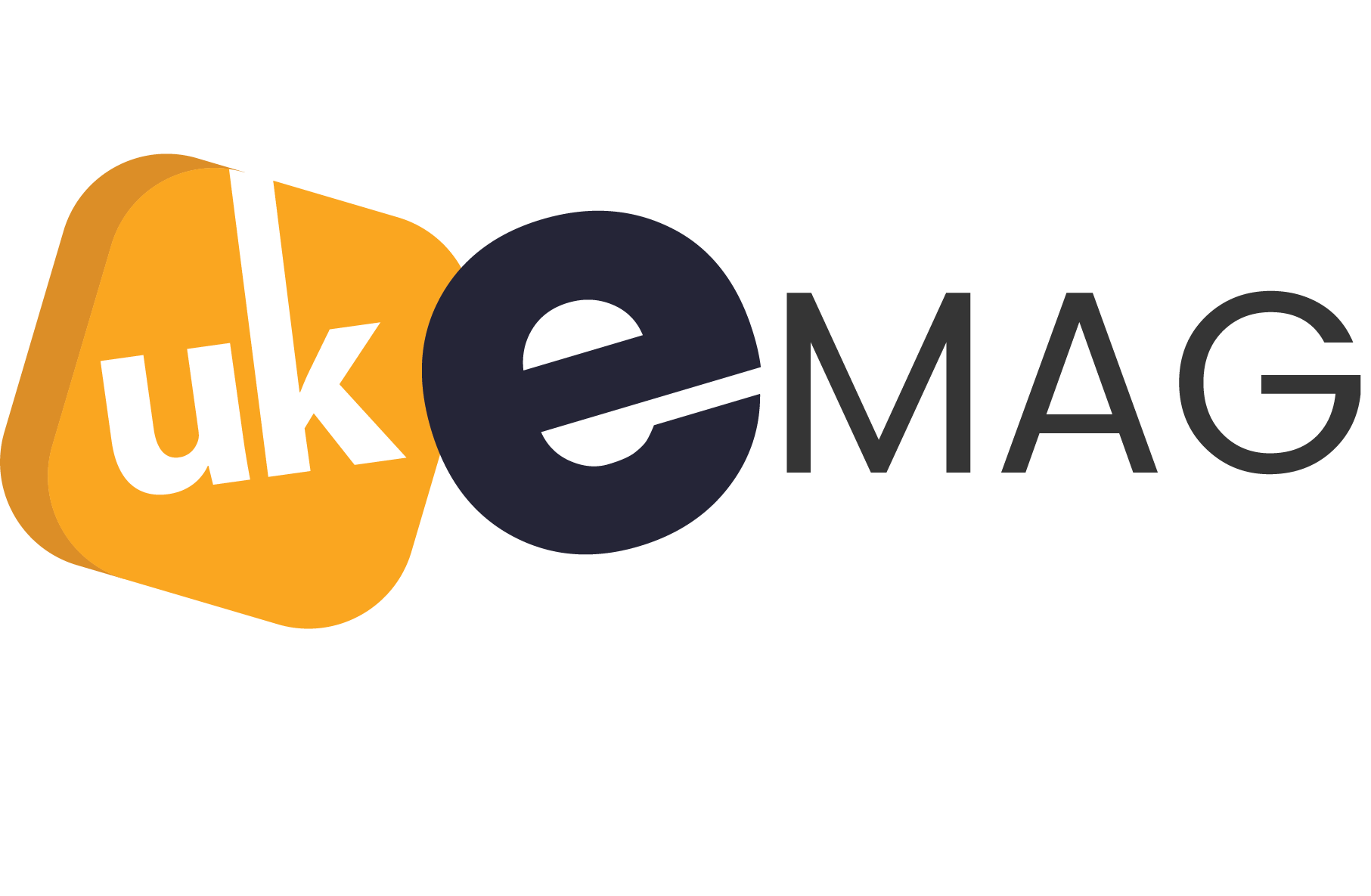There are so many things that go into a starting a new business that make it both exciting and scary all at once. So many different problems that require solutions and you are finally the one who gets to call all of the shots.

But unless you come with deep pockets, your startup will need you to be sharp and shrewd with your money. Wasting funds in any portion of the business just puts you that much closer to closing the doors and calling it a failure.
And no one wants to get to this stage. No business owner starts a company thinking that it will fail. To some people, this is simply not an option. If it did, you would want it to be because of reasons out of your control. If you have the ability to control it, then you should. So, this is why your finances play such an important role. With the help of software from somewhere like OneStream (https://onestreamsoftware.com/solutions/reporting-analytics/), the feeling of dread and stress that you would soon experience with your finances would become non-existant because the software can offer all the help and support you may need. This is why you need to have a sound knowledge of finances before making this huge step.
This includes knowing what to do with the capital that you have and how to best allocate it. You may not be able to run the perfect business, but knowing what to do with your capital can give you a leg up on the competition and establish a foundation for future success that others could only dream of.
Keep Fixed Expenses Low
Simply put, expenses include everything that keeps your gross revenue from going into your pocket. Try to plan larger expenses ahead of time – payrolls, rent, interest, taxes, debts, cost of materials for goods and products, utilities, and any other operating expenses – so that you know what you are dealing with and how you are going to address those expenses.
Not only does this give you a clear idea of where your expenses are, but it can also help ensure that your cash flow remains strong even when there are tight times. You can further save money on monthly utility expenses by looking for comparatively affordable electricity and water suppliers. For that, you can take a look at supplier websites like switchwatersupplier.com to explore the water retail market and monthly plans as well as similar businesses that provide cheaper electricity tariffs for commercial usage. This can help you to manage the monthly cash flow effectively while giving you the flexibility to only hire necessary services.
Keep Your Personal and Business Finances Separate
There are far too many businesses where the owner cannot maintain a separation between their own finances and that of the business. This is can be the case with many small retail businesses. Having proper Cash Counters and a customer payment system can help stop the confusion. If there is no financial separation, it can lead to several problems, for the business as well as the owner’s personal finances.
By keeping them separate, you establish a clear boundary. You can use accounting software such as quickbooks pro advisor or a similar app for your business to keep track of finances and accounts. It may help you analyze profits, losses, investments, and capital to find solutions for financial issues.
Moreover, proper records and bookkeeping may help keep you from taking out loans for your business to solve personal financial issues. It can also keep you from investing private funds into the business.
Those sorts of things can lead to complications and can put you in a sticky situation, which not only puts your personal finances in question but your business finances as well.
Maintaining total separation is the only smart way to operate and keeps you from any potentially dangerous transactions or mix-ups in the future.




